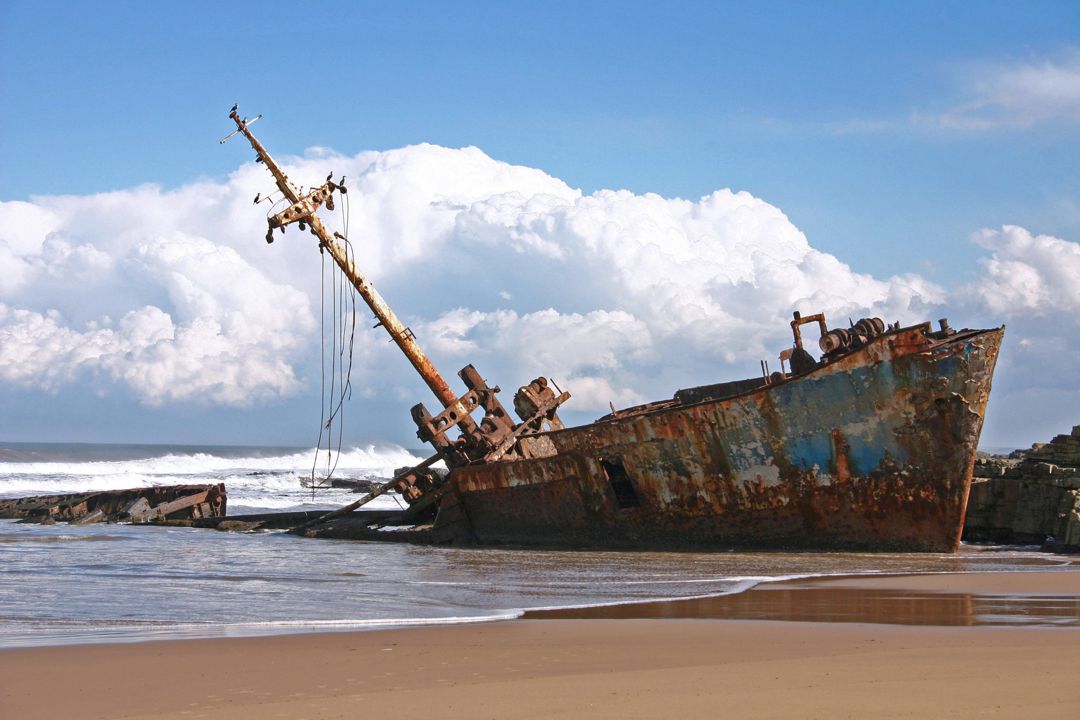In business and in life you have a choice in how you frame failure.
"How much did that mistake cost you?" or "How much did that lesson cost you?"
The $100,000 Explosion
 Back in university one of our electrical engineering professors told us a story about a mistake when he was a young engineer working for a big company that built transformers.
Back in university one of our electrical engineering professors told us a story about a mistake when he was a young engineer working for a big company that built transformers.
The professor and another young engineer were tasked with stress testing one of those really big transformers.
Apparently, one of the calculations they performed was a wee bit off and when they applied too much voltage to the transformer it blew up along with a good portion of the test facility it was in.
No one was hurt.
Young engineers. Recently hired. $100,000 in damages (that would be 5x as much today).
They thought they were unemployed engineers.
They met soon after with their boss and told him how they were sorry and expected that they were done.
He asked them one question: "What did you learn?"
They explained.
The boss then said, "No, you are not fired. I just spent $100,000 training you."
Learning The Lessons In Business
You either make mistakes in business or your make investments in learning. The distinction is very important.
As your business grows mistakes become more costly.
If your business has not made any mistakes, it is not doing anything or you are lying.
Mistakes don't just have direct costs. They have costs around lost opportunities; the things you should have done but didn't because you were busy doing something else.
Some cultures blame. Some even start figuring out who to blame before failure even happens. They almost guarantee failure or at least lack of definitive success.
Don't be that business.
Failure and mistakes are part of business. There is almost always something YOU can do to improve.
Being unwilling to learn or change is the real tragedy.
Build a Learning Organization
Have you built a learning organization? A learning organization is not about formal training (though that can be a part of it); it is about embedding constant analysis and improvement into the culture so that it is always getting better. Smarter and better able to handle tomorrow's curve balls.
And the lessons are not just the numbers of business.
The lessons are about the people as well. Try to build people up and keep the relationships strong even if business requirements entail changes in the team.
If you are going to pay big dollars for you business mistakes you might as well learn something from them.



